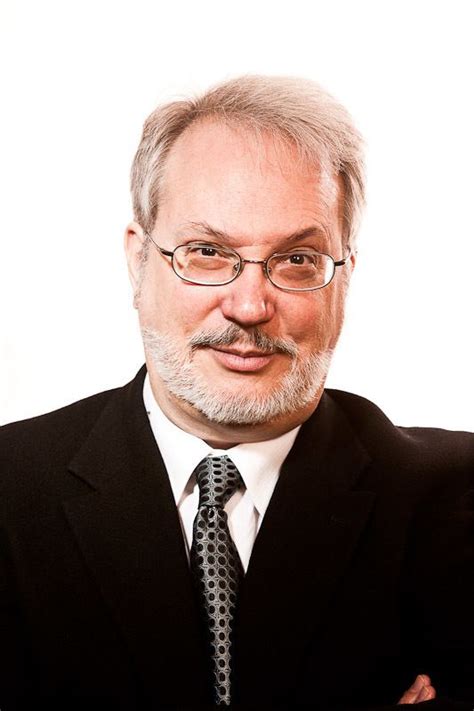A Quote by Murray Rothbard
To deprecate human reason by saying that none of us is or can be omniscient is absurd, for it takes an impossible standard as the judge of a possible and real condition. All of our knowledge we get from the exercise of our reason; to say that no man can be God and know everything is to take an irrational standard of evaluation.
Related Quotes
When we follow our hearts, we follow the path of lessons we were meant to take and gain knowledge from. Sometimes the heart conquers over reason, and this may lead us to making serious mistakes, but these are mistakes written for us to grow. This is the real reason you hear 'FOLLOW YOUR HEART'. And the real reason you hear, 'FOLLOW YOUR DREAMS' is because our dreams expose us to our true multidimensional realities outside of this delusional realm we call reality. Our TRUE reality can be found in our dreams, where we are our true multidimensional selves.
The whole meaning of morality is a rule that we ought to obey whether we like it or not. If so, then the idea of creating a morality we like better is incoherent. Moreover, it would seem that until we had created our new morality, we would have no standard by which to criticize God. Since we have not yet created one, the standard by which we judge Him must be the very standard that He gave us. If it is good enough to judge Him by, then why do we need a new one?
Does God have a reason for wanting us to be charitable, to take care of those who can't take care of themselves? Either God does or God doesn't, it's just logic. If God has a reason then there is a reason independent of God and whatever God's reason is we should figure it out for ourselves. There is a reason and God doesn't really ground morality at all. God wants us to give charity because it's the right thing to do.
We have to decide whether our fear is going to get the better of us. Once upon a time we had a standard in our country that was 'innocent until proven guilty.' We've given up on so much. Now, people are talking about a standard that is 'if you have nothing to hide, you have nothing to fear.' Think about it. Is that the standard we're willing to live under?
The best definition of faith that I know is that it is reason grown courageous. Moreover, that is all that Christ ever asked us for, and the reason he asked us for that was because he wants to use us. He needs our help. It is almost impossible to believe it. But God Almighty wants our help, so Christ tells us.
Faith is the commitment of one's consciousness to beliefs for which one has no sensory evidence or rational proof. When man rejects reason as his standard of judgement, only one alternative standard remains to him: his feelings. A mystic is a man who treats his feelings as tools of cognition. Faith is the equation of feelings with knowledge
It is comfortable to see the standard of reason at length erected, after so many ages, during which the human mind has been held in vassalage by kings, priests, and nobles; and it is honorable for us to have produced the first legislature who had the courage to declare that the reason of man may be trusted with the formation of his own opinions.
Really unreflective people are now inwardly without Christianity, and the more moderate and reflective people of the intellectual middle class now possess only an adapted, that is to say marvelously simplified Christianity. A god who in his love arranges everything in a manner that in the end will be best for us; a god who gives to us and takes from us our virtue and our happiness, so that as a whole all is meet and fit and there is no reason for us to take life sadly, let alone exclaim against it; in short, resignation and modest demands elevated to godhead
And when someone suggests you believe in a proposition, you must first examine it to see whether it is acceptable, because our reason was created by God, and whatever pleases our reason can but please divine reason, of which, for that matter, we know only what we infer from the processes of our own reason by analogy and often by negation.
...if we know God our knowledge of... everything will be brought to perfection, and, in so far as is possible, the infinite, divine and ineffable dwelling place (cf. Jn. 14:2) will be ours to enjoy. For this is what our sainted teacher said in his famous philosophical aphorism: 'Then we shall know as we are known' (I Cor. 13:12), when we mingle our god-formed mind and divine reason to what is properly its own and the image returns to the archetype for which it now longs.





































